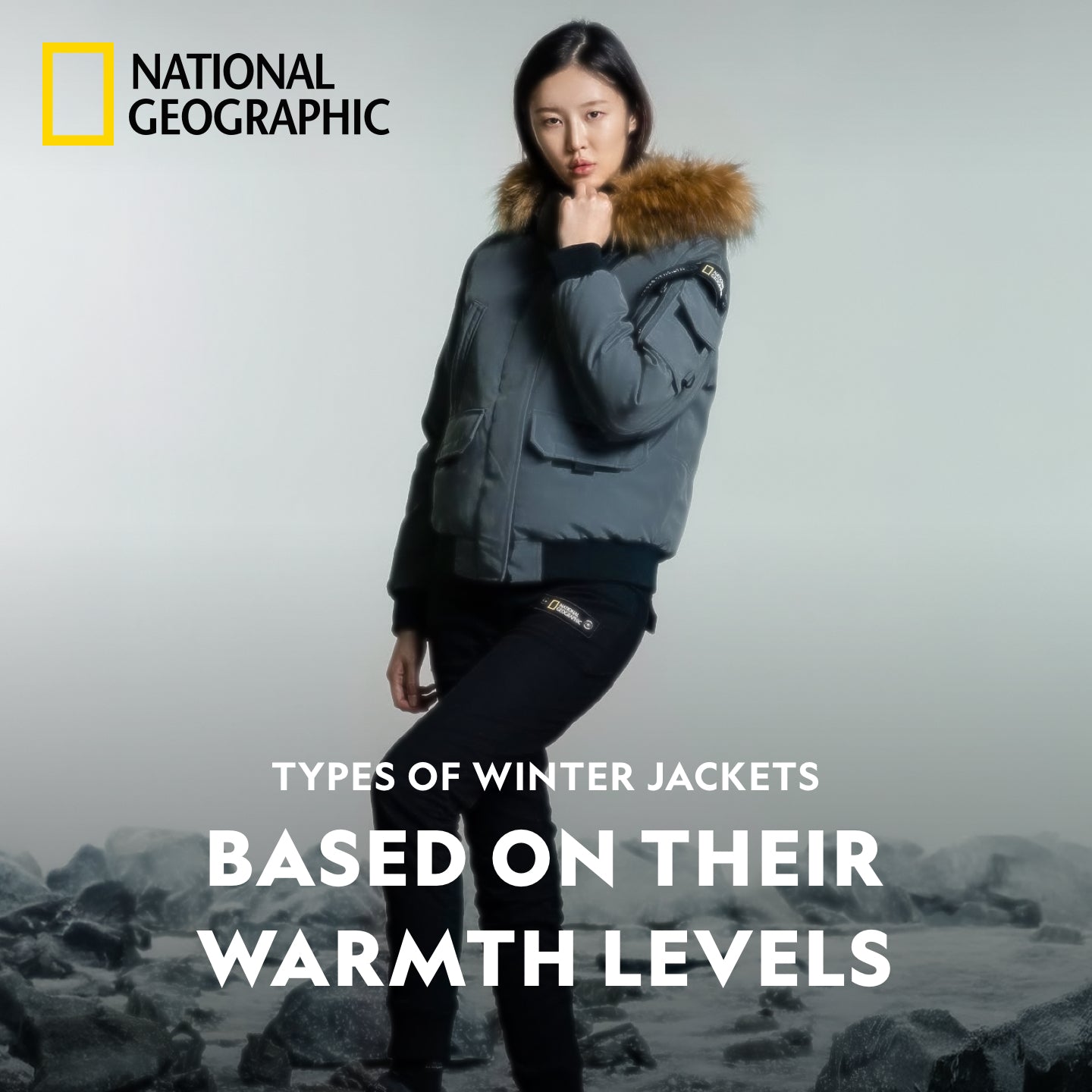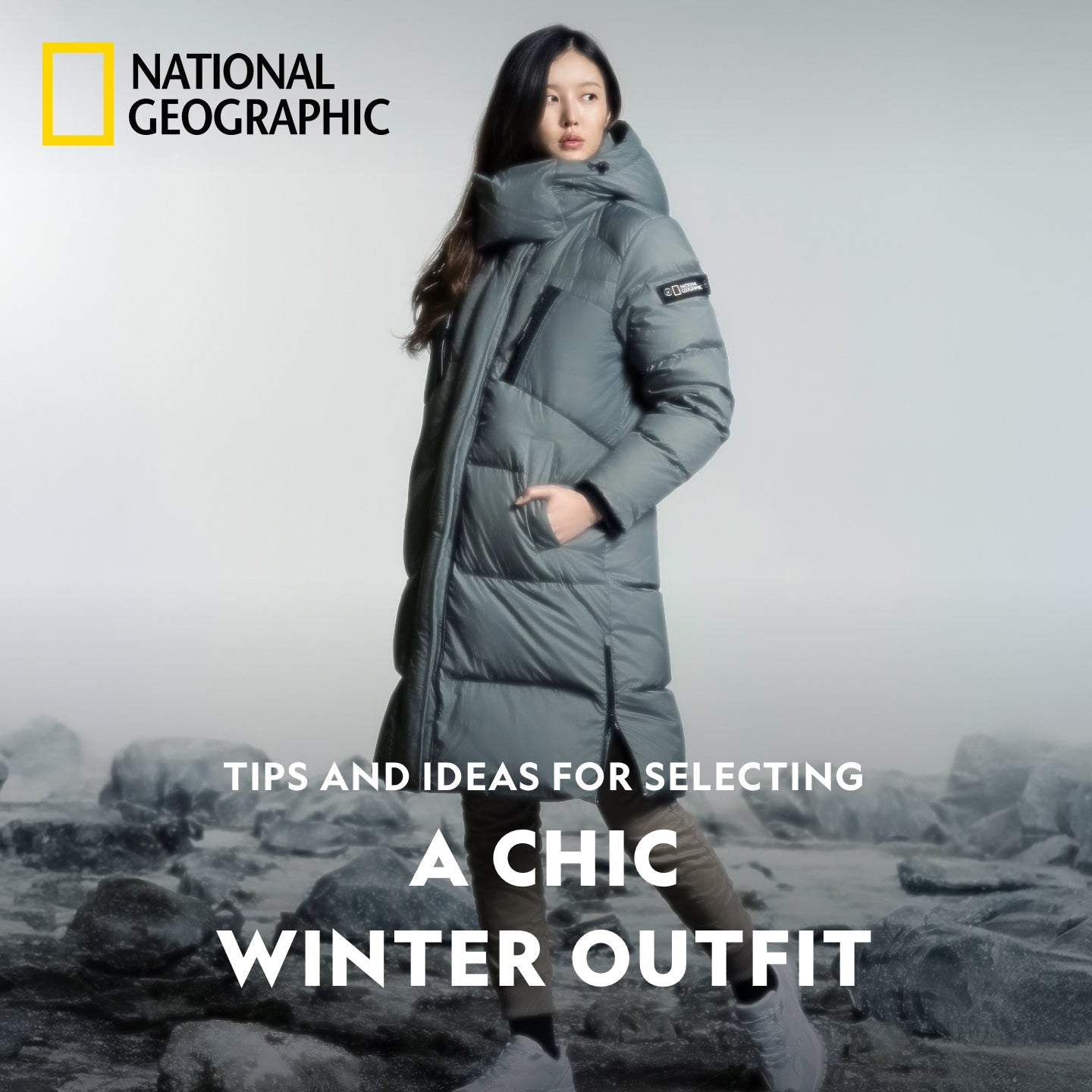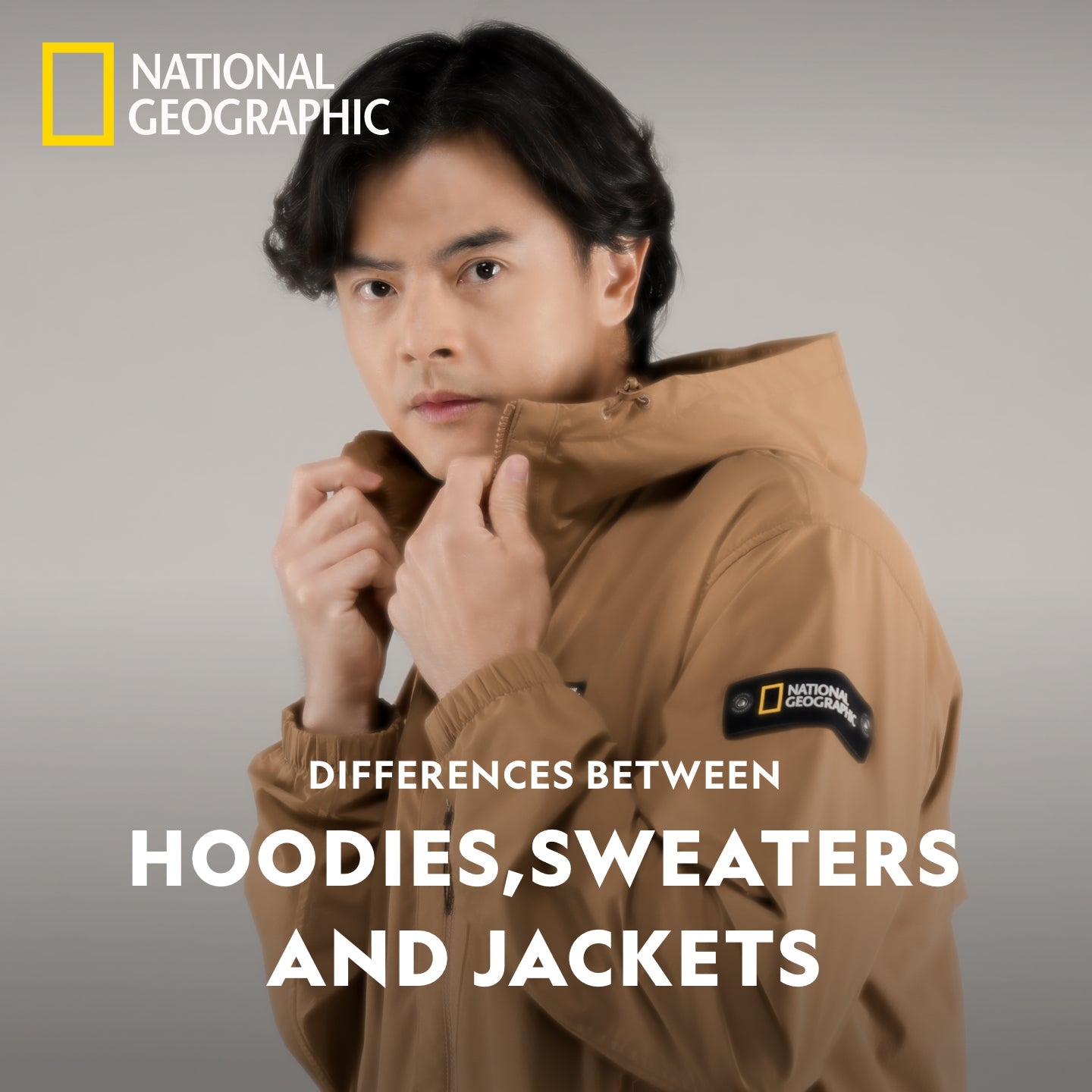Artikel: Types of Winter Jackets Based on Their Warmth Levels
Types of Winter Jackets Based on Their Warmth Levels
Warmth is an essential consideration when traveling during winter. One type of clothing that can be worn to keep the body warm is a jacket. However, not all winter jackets have the same level of warmth. Jackets made of different materials have differing abilities to isolate heat and maintain warmth.

To better understand, let's discuss the types of winter jackets based on the level of warmth and why jackets can make the body feel warm.
Types of Winter Jackets Based on the Level of Warmth
1. Down Jacket
Down jackets use goose or duck feathers as insulating material. They are very light but can provide maximum warmth, making them suitable for extreme temperatures. This type of jacket is ideal for temperatures below 0°C or activities in snowy areas. Although they have many advantages, namely providing maximum warmth, being light and easy to pack, down jackets are less effective when wet if they don't have a waterproof layer. Additionally, warmth levels vary depending on the down fill power, so it's important to check that the fill power matches the temperature of your destination to ensure optimal protection against the cold.

2. Fleece Jacket
Fleece jackets are made from soft, light synthetic polyester. Although not as warm as down or parkas, fleece is suitable for mild to moderate cold weather and as an inner layer.
With the advantages of being light, comfortable, and quick-drying, fleece jackets have the disadvantage of not being wind or water-resistant when used alone.

3. Parka
Parka is a type of long jacket with a synthetic or natural fur lining on the inside and a hood. This jacket is designed for extra protection against wind and rain and is suitable for snowy or blustery weather.
With the advantages of providing extra warmth, protecting the body up to the thighs, and usually equipped with a furry hood, this type of jacket has the disadvantage of being heavier than other types of jackets.
4. Puffer Jacket
Puffer jackets feature a quilted design with synthetic or down-filling inside, offering even warmth and a trendy look. They are suitable for medium to extreme cold temperatures. Puffer jackets, a subset of down jackets when insulated with natural down, are warm, lightweight, and waterproof if they have an appropriate outer layer. However, their large volume makes them less practical for travel.
Softshell Jacket
This jacket is designed for outdoor activities such as hiking or winter sports. Softshell has a windproof outer layer with a soft inner layer. This jacket is suitable for medium-cold temperatures or high physical activity. With the advantages of being flexible, light, and protective from wind, this jacket is not as warm as a down or parka.
Wool Coat
A wool jacket is a classic choice for a formal look in winter. Wool has good insulating properties and gives an elegant impression. Wool jackets are suitable for mild to moderate cold temperatures. However, the weakness of this jacket is that it is not water or wind-resistant, so it requires additional layers.
How Do Jackets Keep The Body Warm?
Jackets are designed to protect the body from cold air while maintaining its temperature. It is possible thanks to the layers of material used in the coat. A layer of material with good heat-insulating properties, such as goose down (down), and synthetic materials, such as polyester, keep body heat from escaping, thereby creating a "warm zone" around the body.
The jacket is also often equipped with an outer material that is wind—and water-resistant, which prevents cold air or rainwater from penetrating inside.
Read More: Windproof Jackets: Advantages and Differences from Waterproof
Tips for Choosing the Right Winter Jacket
1. Recognize the Need
Choose a jacket based on your location and activities. For example, for snowy weather, a down coat or parka is the best choice, while fleece or softshell is suitable for light outdoor activities.
2. Pay Attention to Materials and Technology
To achieve maximum warmth, choose a jacket made from quality materials such as down, fleece, or modern technology.
3. Additional Features
Jackets with hoods, warm pockets, and waterproof lining provide extra protection.
4. Choose the Right Size
Make sure the jacket has enough space for layering without making you feel cramped.
5. Adjust to Your Style
Apart from being functional, choose a jacket that suits your fashion taste so you remain confident when wearing it.
A winter jacket protects the body from cold air and can also improve one's appearance. From super-warm down jackets to light fleece, each type of jacket has its function and advantages.
By choosing the right jacket based on its warmth level, you can stay comfortable and stylish in winter. Don't forget to pay attention to the material, features, and your personal needs to get the best jacket to accompany your cold days.
Read More: Choosing the Right Jacket Material for Temperature Regulation
Read More: Tips and Ideas for Selecting a Chic Winter Outfit




